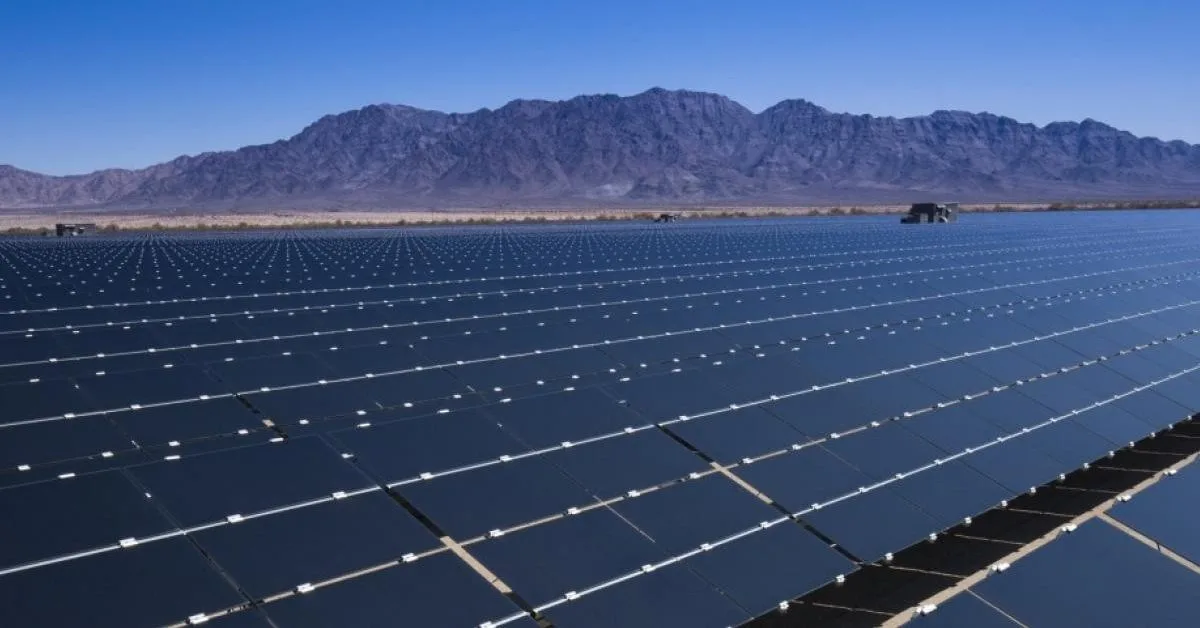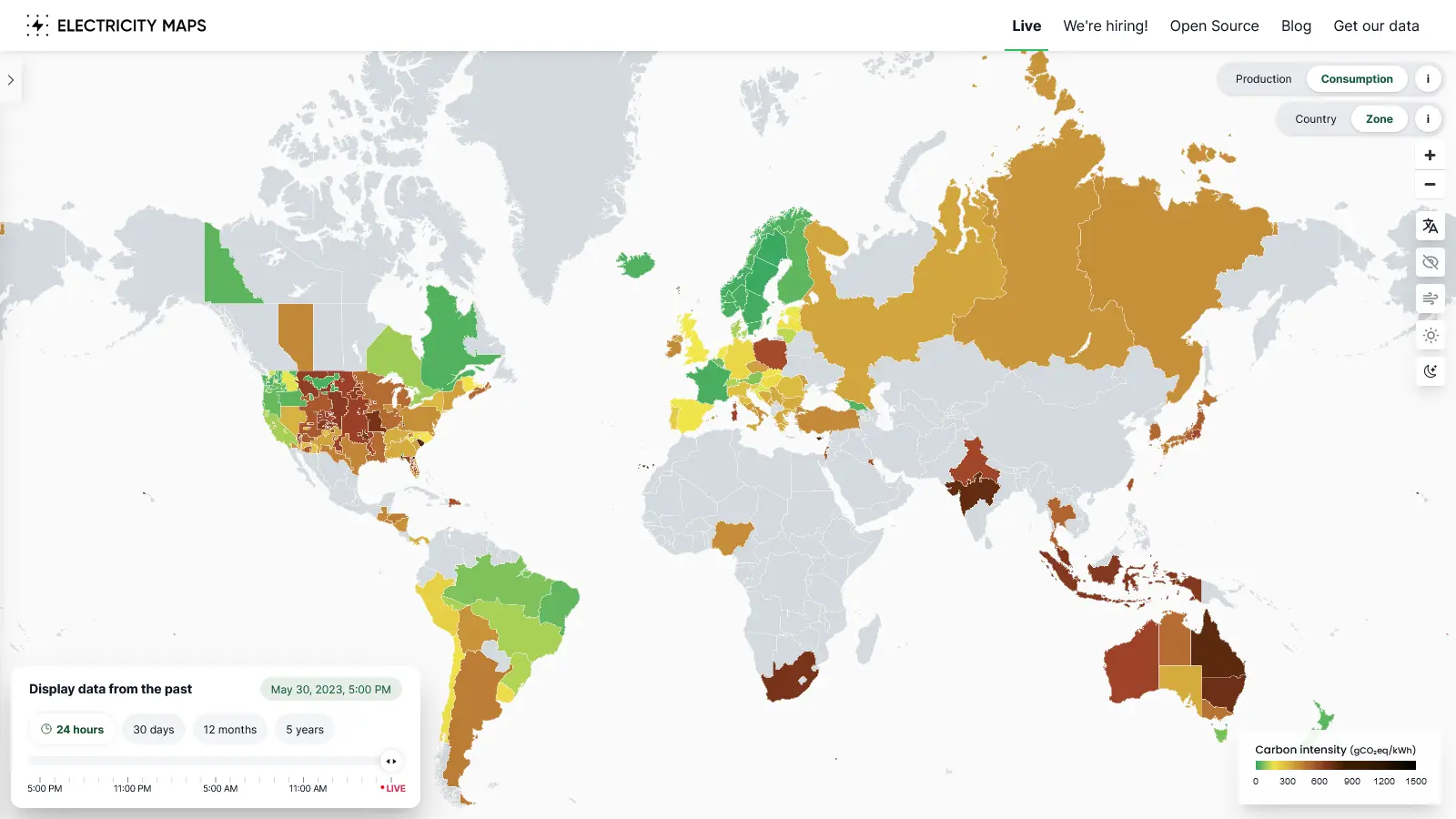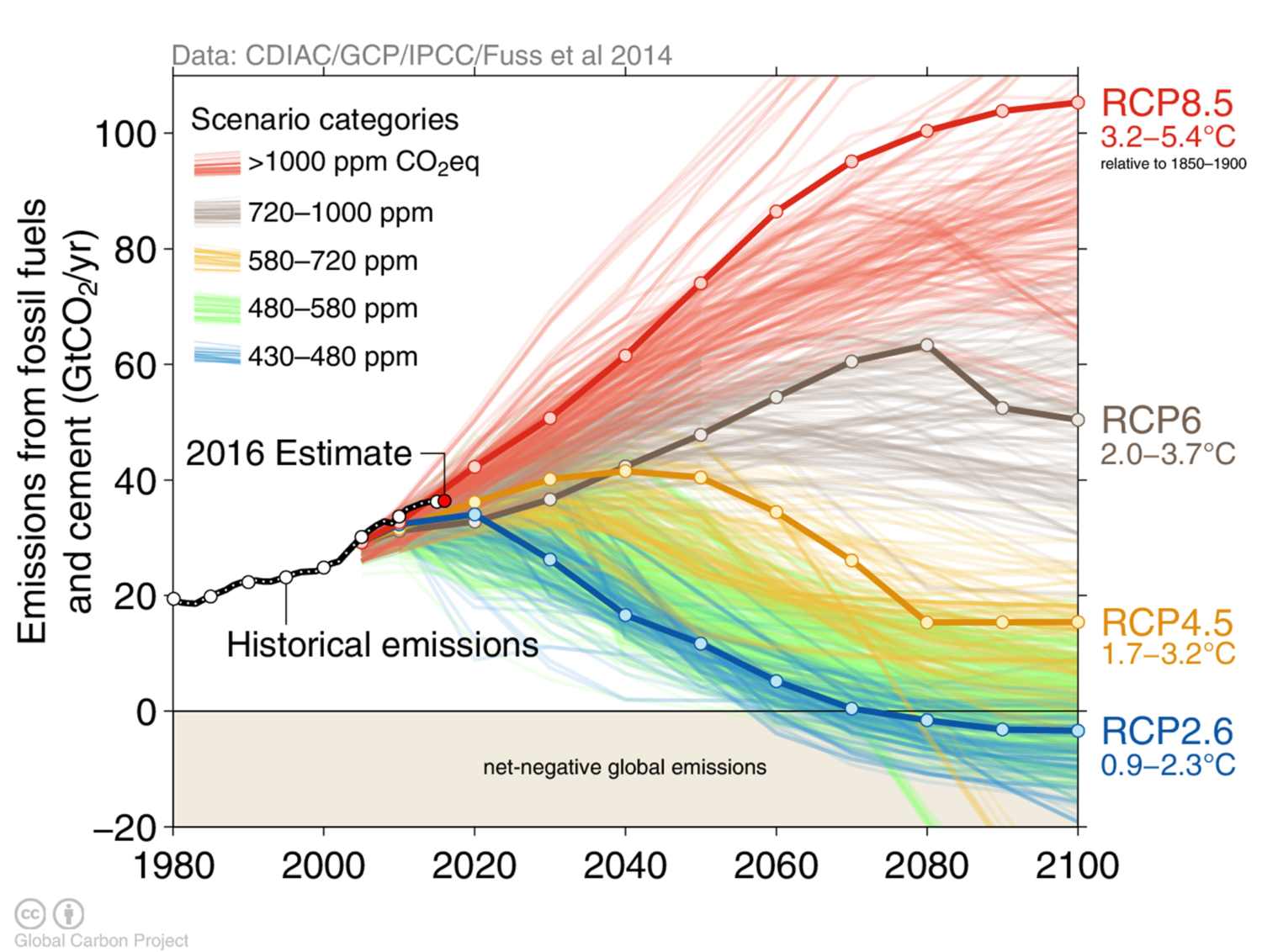

Without accounting and auditing to track what’s going on, you often don’t get great results.
You can say the exact same thing about the things you propose… so again, where are we? Please consider this line of reasoning and ask yourself why you’re so quick to use it.
Regenerative agriculture is ill-defined, and there’s a lot of fraud in that space when it comes to carbon sequestration claims.
Can you show me a lot of fraud in regenerative agriculture in the context of USDA NRCS SOM tests? I’d like to see it.










Big negative claims apparently backed by nothing.
Gabe Brown’s regenerative ag farm is 5000 acres. That’s a specific claim. You can even visit his farm in person.